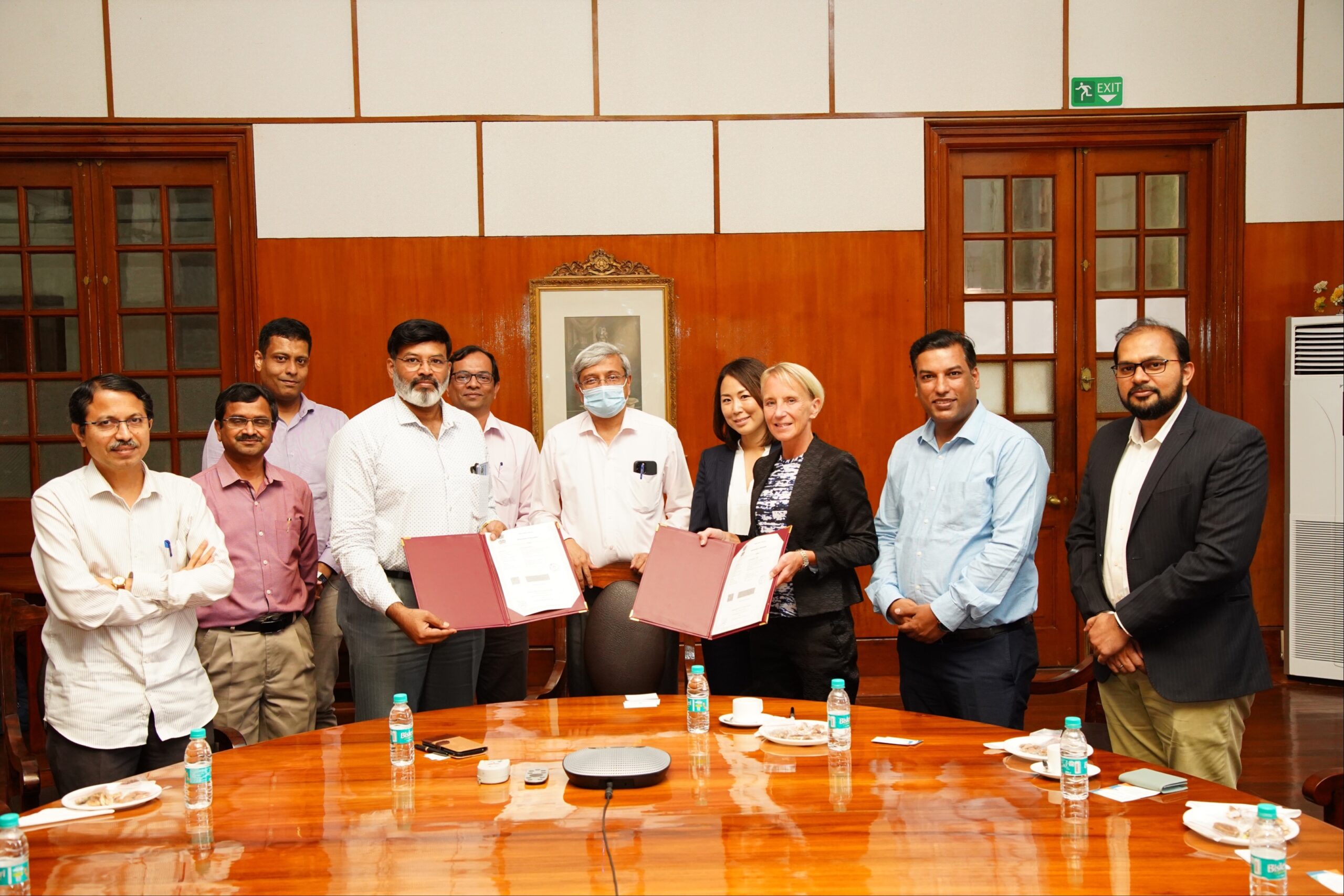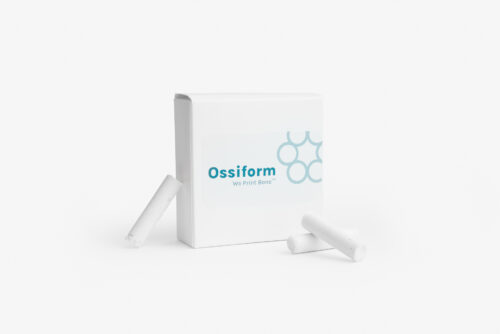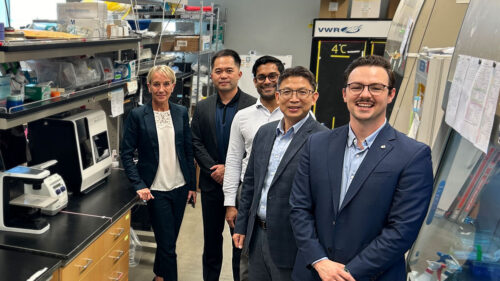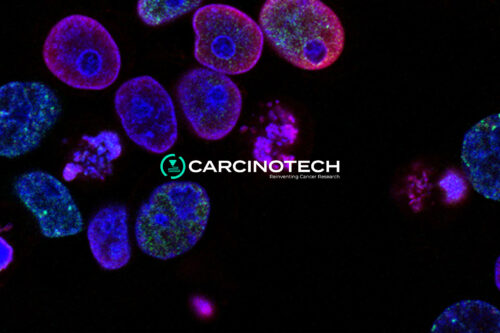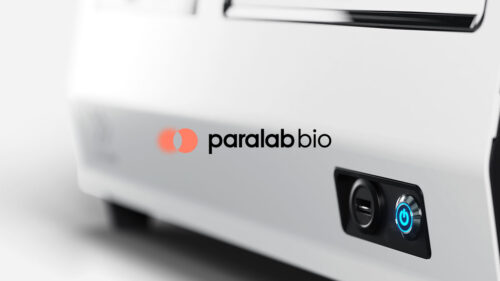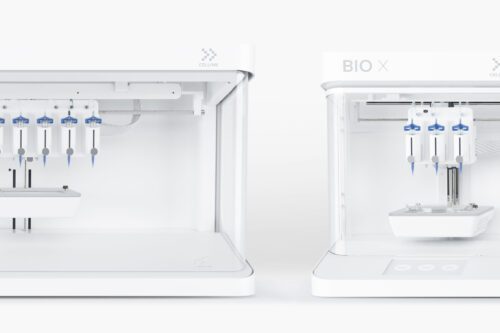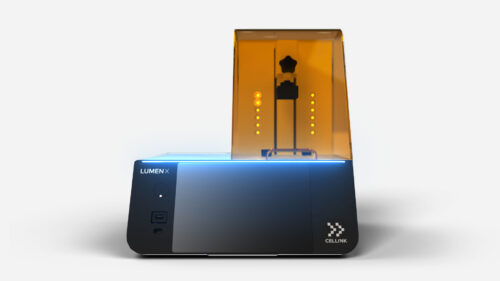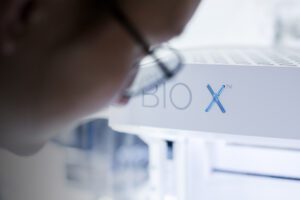The Centre of Excellence (CoE) will be focused on advancing research across heart, bone, cartilage and cancer research through the use of 3D bioprinting.
CELLINK, the global leader in developing 3D bioprinters and The Indian Institute of Science (IISc) are partnering to establish a CoE for 3D bioprinting in Bengaluru, India. The CoE, the first of its kind in the sub-continent, will be housed in the Centre for BioSystems Science and Engineering (BSSE) at IISc. The CoE will provide access to 3D bioprinting systems, enabling researchers to accelerate their work across critical applications with the ultimate goal of improving health outcomes.
“We are excited to host this CoE in the institute, which will help to initiate cutting-edge research in an emerging field of technology with immense potential to benefit human health” says Prof. Narendra Dixit, Chairperson of BSSE.
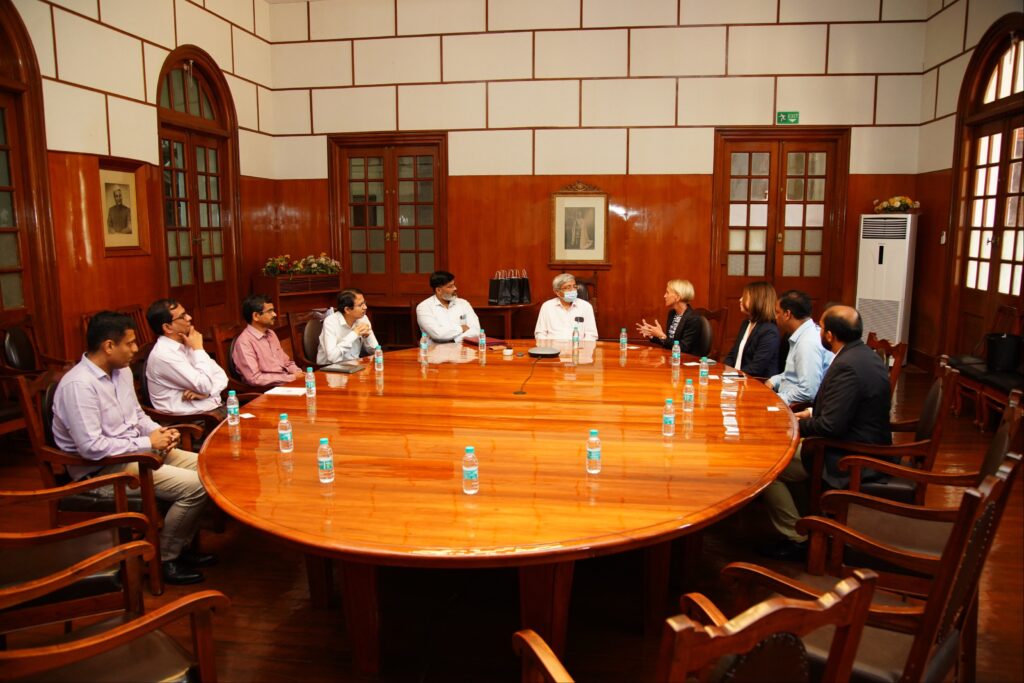
3D bioprinting is the application of additive manufacturing techniques to live cells, growth factors and/or biomaterials to fabricate biomedical parts, often with the aim to mimic natural tissue characteristics. 3D bioprinting covers a broad range of bioprinting techniques and biomaterials. Currently, bioprinting can be used to print tissue and organ models to help research drugs and potential treatments.
The new CoE will house several state-of-the-art 3D bioprinters from CELLINK and will serve as a hub for several research initiatives and training activities within this emerging and exciting technology. IISc and CELLINK will work together to conduct workshops aimed at providing researchers within the institute, and elsewhere, the skills necessary to utilize 3D bioprinting within their work and reap the benefits of 3D cell culture. In addition to this, the two groups will undertake and advise on research projects across multiple applications spanning the fields of tissue engineering, drug discovery, material science and regenerative/personalized medicine. The CoE will have a keen focus on work around the heart, bone, cartilage and cancer.
“It’s an honor to collaborate with one of the most prominent science institutes in India. India has long been at the forefront of scientific discovery, and with the exceptional talent and deep-rooted passion to translate research from the benchtop to the clinic, we are confident that this Centre of Excellence will make a lasting impact on the progress within research in the fields of heart, bone, cartilage and cancer. With IISc we have a tremendous partner and we look forward to creating the future of health together.”, added Cecilia Edebo, CEO of CELLINK.
About BSSE
The Centre for BioSystems Science and Engineering (BSSE) at the Indian Institute of Science (IISc) was founded in 2015, with a vision to develop and apply interdisciplinary approaches for understanding and manipulating biological systems. Since its inception, the Centre has been running a successful PhD programme in the broad area of Bioengineering. The program was expanded to clinician-scientists, in collaboration with leading medical centres in the country. A new MTech programme in Bioengineering has been initiated in 2022. Research at the Centre spans a spectrum of areas at the interface of biology and the physicochemical sciences, with a focus on problems of importance to clinicians and industry.
About CELLINK
CELLINK is creating the future of health as part of BICO, the world’s leading bioconvergence company. When CELLINK released the first universal bioink in 2016, it democratized the cost of entry for researchers around the world and played a major role in turning the then up-and-coming field of 3D bioprinting into a thriving $1 billion industry. Today, the company’s best-in-class bioinks, bioprinters, software and services have been cited in over 700 publications and are trusted by more than 1,000 academic, pharmaceutical and industrial labs.
With a comprehensive portfolio of world-class 3D bioprinters and bioinks CELLINK’s technology enables the printing of human tissues and organs, which enable faster and more accurate models for drug development, while replacing animal experiments and paving the way to save lives by reducing organ rejection and potentially solve the problem with lack of donors.
For further information, please contact:
IISC
IISc Office of Communications | news@iisc.ac.in
CELLINK
Avi Minocha, Head of Marketing | akm@cellink.com
